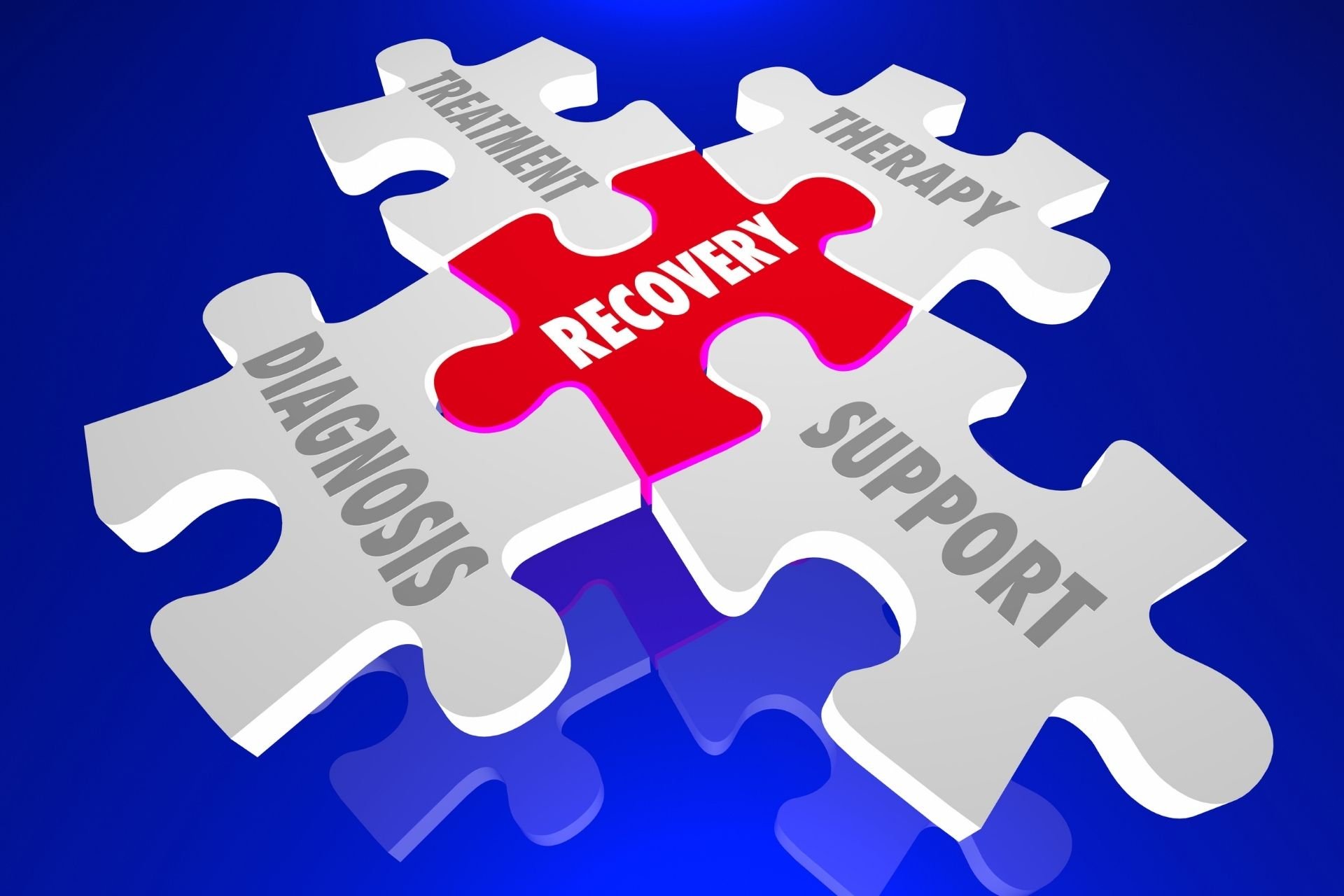Lessons of Addiction Recovery That Are Rooted In Psychology
When you hear the word “addict,” what comes to mind? A person on the street begging for money? What about a person slumped over on the train that hasn’t moved in the last two stops? Those are the stereotypical images that come to mind when we think of addiction. Many do not think of our neighbors, who drive a Tesla, recycle, serve on the Board of Ed, and have a house in Stratton. We may watch with admiration the vivacious woman who sets off jogging every morning when the sun shines through the window, not understanding that if her four walls could talk, they would paint a different picture. Current statistics tell the true story, which is that nearly 21 million Americans have at least 1 addiction, and less than 10% receive treatment.
Have you noticed how attitudes towards therapy and addiction treatment have been shifting as the millennial generation reaches adulthood? What was kept secret and “swept under the rug” by previous generations is now outwardly discussed, and engaging in mental health recovery and trauma work have become nearly as normalized as going to the dentist, the gym, or getting your nails done. While the stigma towards personal recovery work is changing, a stigma remains towards people with an active addiction, making it far less likely that they will receive the treatment they need.
A few years ago, I saw a post while scrolling through Facebook that said, “Why is Narcan free but insulin so expensive?” Under the post there were many comments that seemingly wanted anyone who was revived by Narcan to be burned at the stake. My takeaway from that post is the first lesson in addiction recovery, which is rooted in psychology: we must see people first. This begins with how addiction is talked about, and with being intentional about the language we use. People are not their disorders, they are people. A powerful shift is created when we identify someone with addiction as ‘suffering from a substance use disorder,’ rather than labeling them an ‘addict. For recovery to be accessible to all, addiction must be treated as an illness, not a fixed characteristic.
An essential lesson in addiction recovery rooted in psychology comes from the Rat Park study in the 1970s. Dr. Bruce Alexander conducted an experiment in which he put rats alone in a cage with two water bottles, one laced with heroine. The rat would choose the heroine laced water and later overdose. However, when the rats were in community with other rats and engaging activities, the rats would choose the regular water. Similarly, when humans are engaged in their communities and involved in activities, they are less likely to engage in substance use behavior. Humans are wired for connection, and humans love to be entertained. This study has always represented to me the power of peer groupwork like Alcoholics Anonymous, or the many groups available at LIFT Wellness, where individuals are brought together for community, connection, and understanding, thus alleviating the powerful urge to get core needs met through substances such as alcohol, restrictive or emotional eating, or other compulsive behaviors.
Perhaps the most important lesson in addiction recovery rooted in psychology is understanding trauma. Trauma is the number 1 gateway drug. Trauma can mean different things to different people; we like to say there are “trauma with a lowercase t, or a capital T.” Being a victim of abuse, not having access to healthcare and self-medicating, not being able to afford housing, generational poverty, bullying, rejection, or growing up with emotionally unavailable parents can cause adverse childhood experiences (ACE’s.) An estimated 20% of Americans who have a depressive disorder or anxiety disorder, also go on to develop a substance use disorder. To understand addiction, we must understand trauma and the ways in which people attempt to numb instead of heal. Rather than face repressed and difficult emotions, individuals will often choose to avoid their pain by numb with drugs, alcohol, overeating, undereating, overexercise, shopping, gossip, gambling, social media, tv, or video games. Many feel that if they were to still themselves and open to the wok of expressing their trauma, they would not be able to withstand the resulting emotions- and this is untrue. With a trusted support system, we are capable of feeling all of our true and real feelings, and releasing the bonds of entrenched generational legacies of repression, secrecy, and denial. Regardless of which model of addiction recovery one subscribes to, this work is at the root of recovery for all sufferers.
In closing, please remember that addiction comes in all shapes, sizes, colors, and tax brackets. To live as part of the solution, keep in mind that while empathy, compassion, and access to affordable healthcare and housing may not be able to take away trauma, these things comprise the start to a healing journey for all.
Contributed by Kimberly Neat, LPC, with Mary Dobson, LMFT, CEDS

